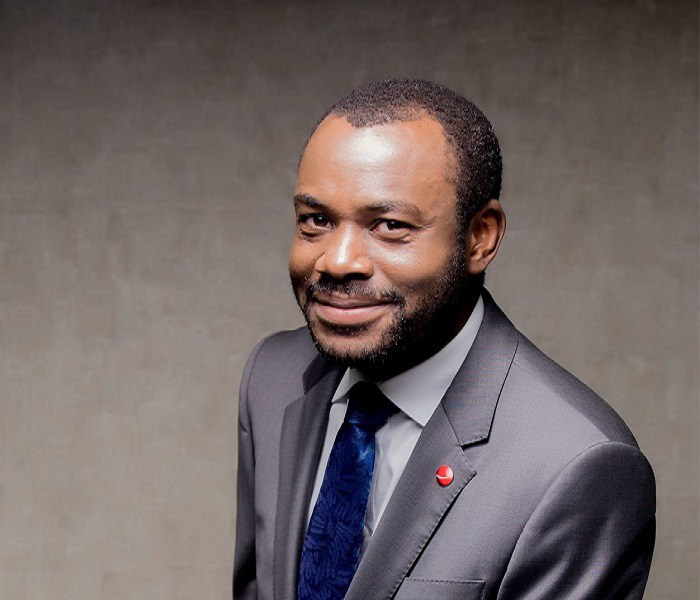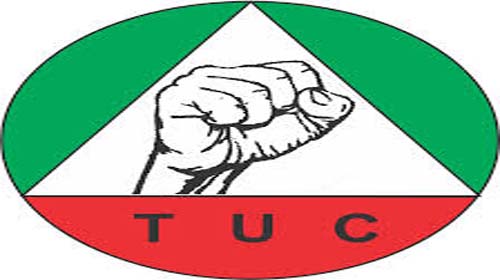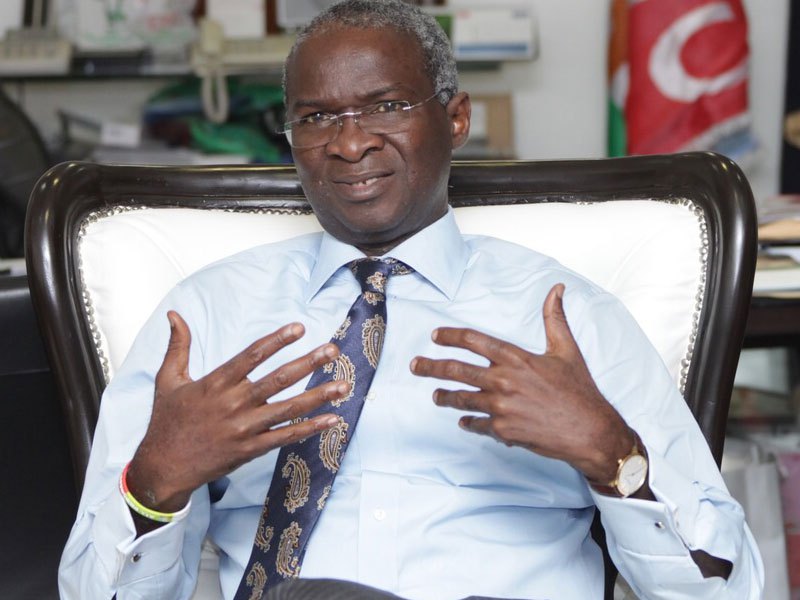Sterling Bank, LASG to feed 158,000 pupils in 32 schools

Sterling Bank Plc, has partnered with the Lagos State Government (LASG) to feed 158,000 children in 32 public schools for five days in the Lagos Island area of the state.
The bank disclosed this recently at an event to appreciate volunteers who participated in the pilot stage of the project recently.
Snacks4Thought, a Corporate Social Responsibility (CSR) initiative of the Office of Civic Engagement, which is still at the pilot stage, is designed to feed disadvantaged children from Nursery One to Primary Six in public schools in Lagos State.

While commending Lagos State for the initiative and the successful outcome of the pilot, Education Sector Lead of Sterling Bank, Ms Eniola Obe, explained that the bank decided to partner the state government on the Snacks4Thought initiative because the project aligns with the education component of its HEART of Sterling programme which focuses on investments in five critical sectors of the economy. The sectors are health, education, agriculture, renewable energy and transportation.
Obe explained that the bank is willing to partner with operators in both public and private sectors as part of efforts to improve the quality of education in Nigeria.
She said 270 members of staff of Sterling Bank across all levels participated in the project as volunteers across the 32 schools earmarked for the pilot stage, which represents a total of 2,700 volunteering hours in January alone.
She commended the Lagos State Government for the initiative and described it as an outstanding one, adding that it will help to address the twin social menace of hunger and poverty. She expressed the hope that the initiative will be a continuous effort between the state government and private sector partners.
The Education Sector Lead observed that from available records, out of 15 million children who enrolled into primary schools yearly, only 5.4 million of them gain admission into secondary schools because of poverty and the inability of their parents to pay school fees as well as feed them.
“So this is something all of us have a responsibility to take care of, stakeholder must dedicate resources and make commitments towards taking care of the children,” Obe said.








